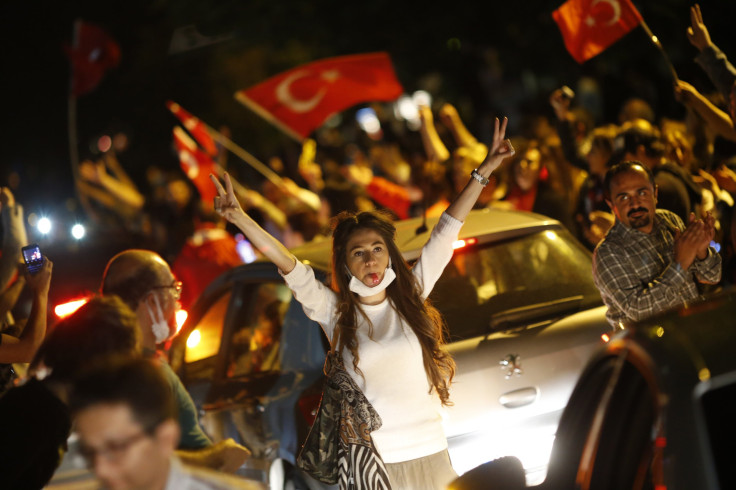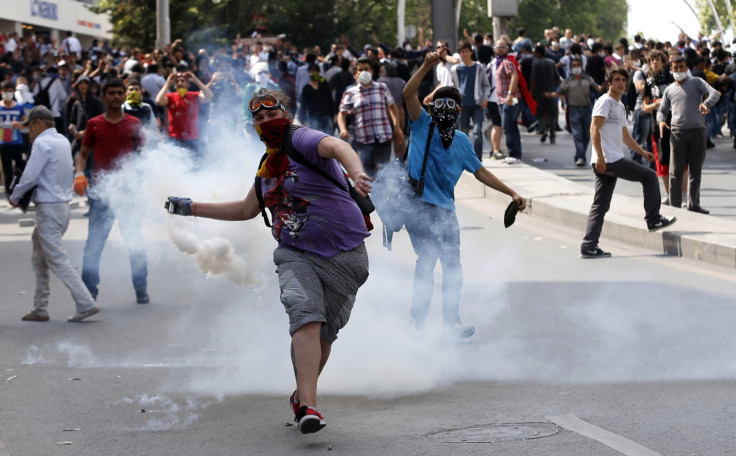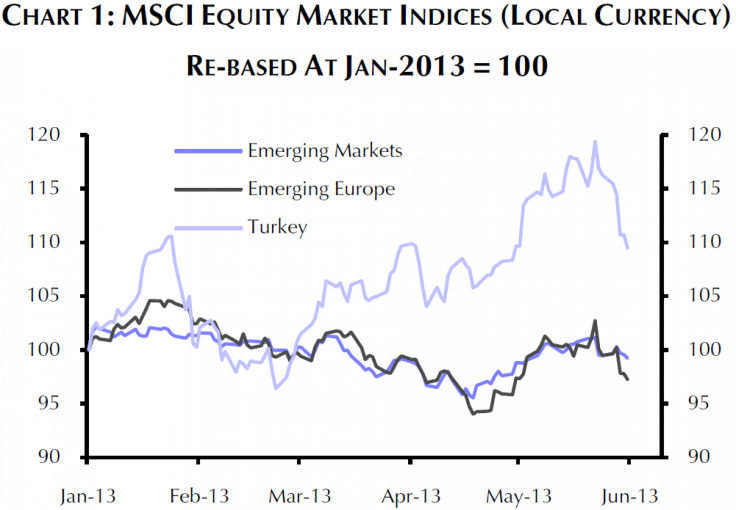Protests In Istanbul Expose How Vulnerable Turkey's Financial Markets Are To Political Shock

Protests in Istanbul and across Turkey have exposed just how vulnerable the country's financial markets are to shocks. Turkey's stock market took a huge hit Monday in reaction to brewing political unrest in the capital, Istanbul, over what demonstrators call a rise in authoritarian rule.

Prior to Monday's 10 percent fall, the MSCI Turkey Index was still up more than 9 percent for the year in local currency terms, which far outperformed comparable emerging market indices. The overall MSCI Emerging Markets Index fell only 1 percent on the year, while the regional MSCI Emerging Markets Europe Index fell 3 percent, according to a research note from Capital Economics.

While peaceful protests that turned violent have hammered the country's equity market, the world's 17th largest economy could become unstable if ongoing protests impact the country's foreign investment and tourism. However, analysts see Turkey facing even stronger headwinds.
"The country's large gross external financing requirement makes it especially vulnerable to a reversal of capital inflows when the Fed eventually scales back quantitative easing," said Capital Economics' editor John Higgins, "and if -- as we expect -- the crisis in the euro zone flares up again."
Higgins says protests have escalated beyond Istanbul into the country's other hot spots due to heavy-handed policing from the ruling Justice and Development Party, a conservative Islamist party in the traditionally secular republic, and growing concerns about authoritarianism under Prime Minister Tayyip Erdogan.
Erdogan accused anti-government protesters on Monday of walking "arm-in-arm with terrorism," comments that could ignite public anger following three days of riots that saw hundreds of police officers and demonstrators injured. What began as protests by environmental activists to combat the construction of retail stores in place of one of Istanbul's most popular green spaces, grew into mass protests by political demonstrators against what they call Erdogan's authoritarianism.
In an emerging economy, political unrest can have a long-term economic impact. Capital Economics analysts now forecast that Turkey's average annual GDP will grow 3.5 percent in 2013 and 2014, compared to its 5 percent growth in the previous decade.
© Copyright IBTimes 2024. All rights reserved.












